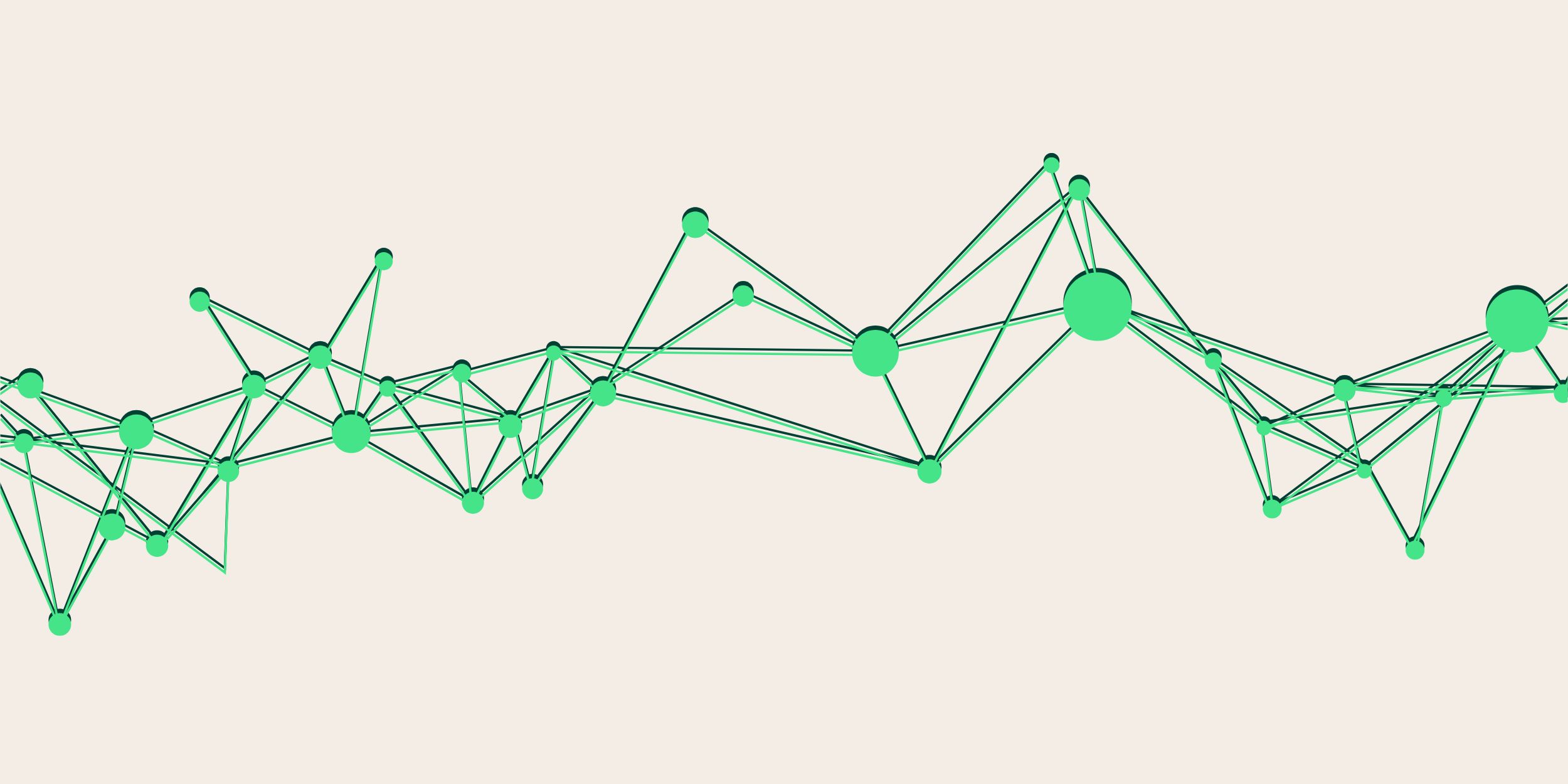Agentic AI in CRM Transformation

Microsoft’s decision to introduce Agentic AI into Dynamics 365 marks a new phase in business transformation. It signals a shift from technology that supports decision-making to technology that can act within defined parameters. For CRM leaders, this evolution redefines transformation itself.
Over the past decade, organisations have focused their digital transformation on automating workflows and connecting data.The introduction of Copilot extended that journey, bringing context and intelligence into day-to-day activity. Agentic AI moves the line again. It gives systems the ability to plan, prioritise, and execute multi-step tasks while maintaining human oversight.
This change reshapes work structure, drives team collaboration, and defines how leaders measure value. Leadership becomes less about directing process and more about governing outcomes. Success depends on data discipline, processes, and cultural maturity.
As Dynamics 365 moves toward autonomy, the focus for operational leaders must shift from implementation speed to readiness. The organisations that benefit most will be those that balance ambition with structure and create a CRM environment built for collaboration between people and intelligent systems.
From Copilot to Agents: What changes for CRM leaders
The introduction of Copilot gave Dynamics 365 users access to intelligence embedded within their daily tools. Copilot could summarise meetings, generate content, and provide recommendations drawn from CRM data. Microsoft designed Agentic AI to extend those capabilities and introduce autonomous behaviour.
Instead of simply responding to user prompts, an AI agent can now initiate actions based on defined business logic. Within Dynamics 365, this might include automatically generating a sales forecast, identifying unusual pipeline trends, or escalating service cases that breach resolution thresholds.
This evolution changes how leaders must think about CRM management. It requires a new understanding of accountability, delegation, and risk. Leaders must define boundaries carefully, ensuring that AI actions are explainable, auditable, and aligned with strategic intent.
Agentic AI does not replace human judgment; it operationalises it. Leaders will need to translate organisational knowledge and process expertise into the digital frameworks that guide AI behaviour. In doing so, they create a model where CRM systems no longer react to users but act alongside them.
For businesses using Dynamics 365, this transition represents a chance to modernise CRM strategy, moving from systems of record to systems of action that continuously learn and adapt.
Readiness first: data, process, and integration
Agentic AI amplifies the foundations leaders build into it. Agentic AI will amplify whatever foundations it is built upon. Inconsistent data, unclear processes, and fragmented integrations quickly scale weaknesses across the organisation. CRM readiness, therefore, becomes a leadership priority rather than a technical task.
Data quality remains the cornerstone of AI success. In Dynamics 365, this means enforcing validation rules, cleaning duplicates, and maintaining accurate ownership records. When leaders maintain trusted data, AI makes confident decisions. When it is not, even small errors can distort outcomes across sales, service, and forecasting.
Process clarity is equally critical. Agents act within defined workflows, using logic drawn from the CRM environment. Leaders should standardise, document, and review processes regularly. Clear process definition prevents ambiguity and supports predictable agent behaviour.
Finally, integration underpins the entire ecosystem. Dynamics 365 performs best when it connects seamlessly with Outlook, Teams, Power Platform, and external data sources. Agentic AI thrives in unified environments. Reviewing system dependencies, access rights, and data flows will help leaders avoid operational silos.
Preparing the CRM for Agentic AI is not a one-off project. It is a continuous discipline that aligns data, process, and integration with the organisation’s strategic goals. The stronger these foundations, the more effective and trustworthy the AI layer will be.

Governance, oversight, and trust
As AI becomes increasingly autonomous, leadership must place a greater emphasis on governance. Governance should ensure every AI action remains accountable, transparent, and aligned with ethical and regulatory standards.
Microsoft’s Responsible AI framework provides a clear reference point. It emphasises transparency, fairness, and reliability, principles that CRM leaders can embed directly into operational policy. Within Dynamics 365, this translates into structured permissions, documented escalation routes, and auditable decision trails.
Leaders strengthen governance by using dashboards and reports that show where agents act, what data they access, and what outcomes they deliver. That transparency is fundamental to adoption, as without it, leaders can’t reasonably expect their teams to trust the AI working in their name.
With this in mind, it is equally important to define human oversight. Agents can perform routine actions, but humans must retain responsibility for interpretation and escalation. Regular review cycles, scenario testing, and ethical assessments will help ensure that autonomy remains within intended boundaries.
Operational leaders must design and implement these processes, right down to frequency and who will be executing them. Without this key component, your Agentic AI governance within Dynamics 365 becomes exposed.
Ultimately, strong governance builds confidence among employees, customers, and regulators, that Agentic AI can operate responsibly within business-critical systems. When trust and transparency are established early, innovation becomes easier to scale.
Practical starting points in Dynamics 365
Agentic AI can seem abstract until leaders see it applied to familiar processes. Microsoft’s recent updates to Dynamics 365 Sales and Customer Service show how autonomy can be introduced safely through incremental use cases.
In Sales, agents can manage forecasting by identifying anomalies, monitoring conversion velocity, and generating performance summaries automatically. These capabilities remove administrative workload while improving accuracy. Leaders can start by defining clear rules for escalation and review, ensuring that human oversight remains in place.
In Customer Service, Agentic AI can enhance triage and case management. Agents can summarise new cases, route them based on complexity or sentiment, and provide recommended responses drawn from knowledge articles. Over time, these systems learn patterns, improving both speed and resolution quality.
The key is to approach Agentic AI through controlled pilots. Choose processes that are well-defined, repeatable, and measurable. Set clear boundaries, measure outcomes, and refine continuously. This approach demonstrates value early while maintaining governance.
Dynamics 365 provides the right environment for this progression, combining data integration, workflow automation, and Microsoft’s Responsible AI infrastructure. Leaders who start now can build confidence gradually while positioning their CRM as a foundation for continuous innovation.
Shifting from automation to accountable autonomy
Agentic AI introduces a new operating dynamic where humans and digital systems share responsibility for outcomes. This requires leaders to rethink roles, communication patterns, and measures of success.
The traditional CRM model separates planning, execution, and review. Agentic AI blends these functions into a continuous cycle. Actions happen faster, insights surface automatically, and accountability becomes shared. Leaders manage this effectively by defining clear decision rights; when AI acts, when humans intervene, and how they monitor performance.
Managers maintain visibility by reviewing contextual reports that show how AI contributes to results, identifies exceptions, and reveals lessons for improvement. This feedback loop keeps oversight active without slowing progress.
Culturally, organisations must support curiosity and adaptability. Teams will need to learn how to interpret AI outputs, question them constructively, and use them to improve performance. This mindset shift transforms CRM from a transactional tool into a collaborative environment that continually learns.
Microsoft’s broader move toward agentic systems across Windows, Security, and Microsoft 365 reflects this same principle: technology that acts with purpose but remains accountable to human oversight. Dynamics 365 must now mirror that balance.
Agentic AI: value beyond speed
The value of Agentic AI shouldn’t just be measured in saved time, although that is a big appeal. But in reality, CRM and embedded AI have been delivering this in increasing increments for years. Where it can make a substantial impact is with decision quality, predictive accuracy, and customer experience. For CRM leaders, measurement must evolve accordingly.
Traditional metrics such as conversion rates and activity volume are still important, but they tell only part of the story. Leaders should also measure the reliability of forecasts, the precision of data-driven actions, and the consistency of customer outcomes.
Adoption metrics must also change because success shouldn’t be limited to user logins or completion rates anymore. The focus, instead, should be on how effectively humans and AI collaborate. Measuring user confidence, system trust, and the quality of insights provides a more complete view of performance and adoption.
Microsoft refers to Dynamics 365 as a “system of action” and that phrase really captures the direction Microsoft is taking the platform with the introduction of Agentic AI. The goal is agility, by creating a system that enables the organisation to sense, decide, and act faster than its competitors.
By aligning measurement with intent and objectives, leaders reinforce the behaviours that sustain transformation. The more effectively they quantify value, the easier it becomes to maintain board-level support for continued AI investment.
Leadership defines the future of Agentic AI in CRM
Agentic AI changes CRM capabilities, but leadership determines how effectively teams use them. Technology can accelerate progress, yet progress without discipline quickly becomes risk.
Readiness and responsibility define the next phase of CRM transformation. Clean data, clear processes, and structured governance form the foundation for sustainable AI adoption. Leaders who establish those conditions now position their organisations to capitalise on Microsoft’s shift toward autonomy within Dynamics 365.
QGate helps organisations navigate this transition by aligning CRM design, governance, and culture for intelligent operations. We help businesses prepare for Microsoft Agentic AI with frameworks that turn complexity into confidence and technology into measurable value.
Talk to us about strengthening your CRM leadership for the age of Agentic AI and building an environment ready for intelligent transformation.























